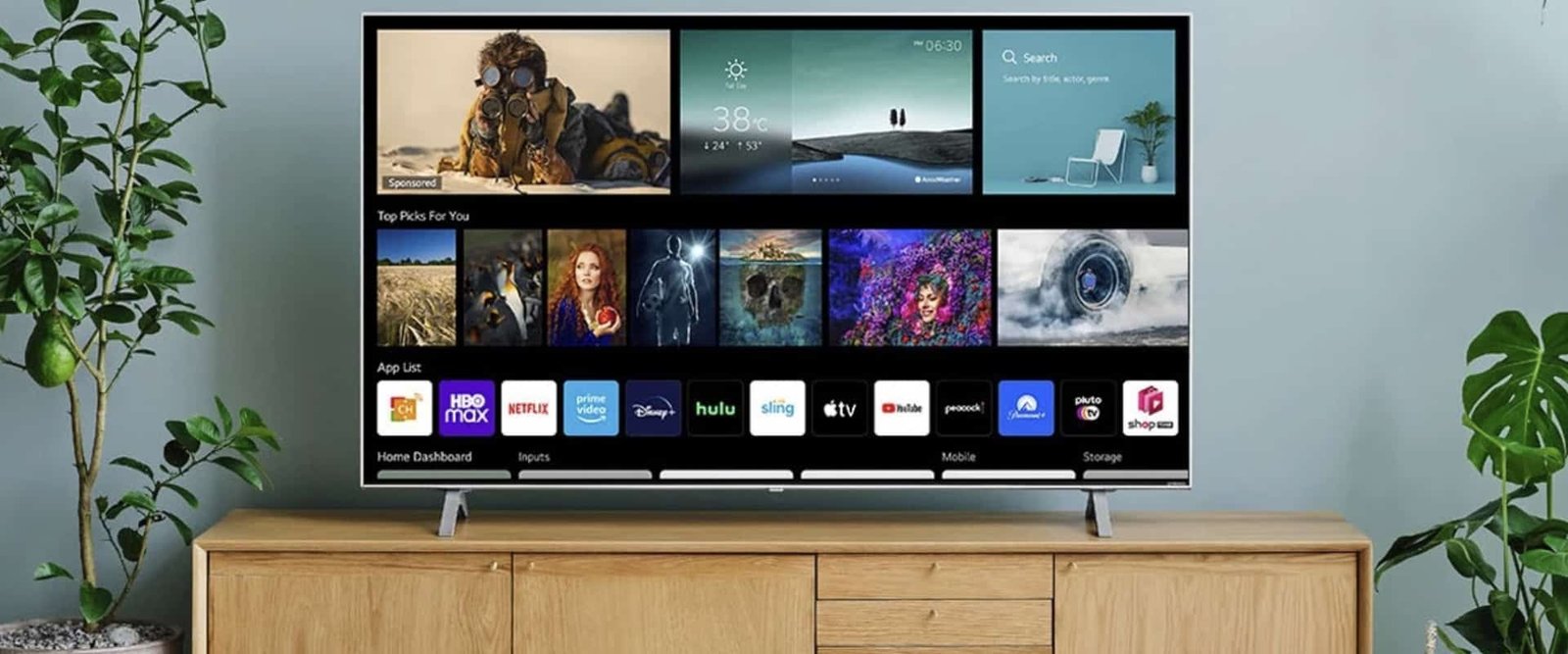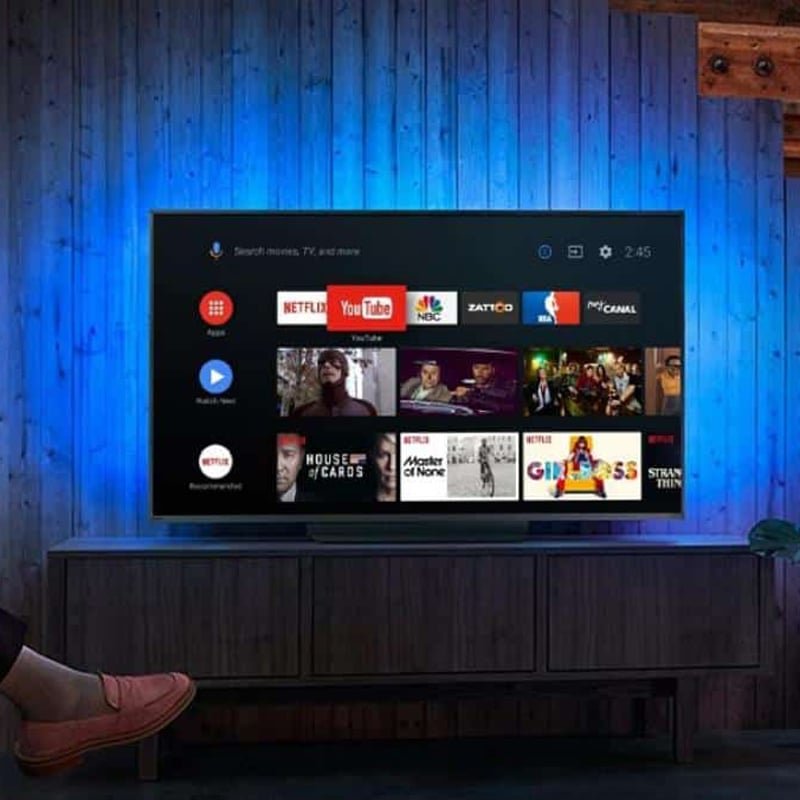There are several significant differences between smart TVs and game consoles when it comes to playing games:

1. Game experience: game consoles focus on game experience, with smooth game graphics and sensitive operation, players can be deeply immersed in the game. And although smart TV can play games, but limited by the hardware configuration, the game screen and operation may be limited.
2. Game variety: There are usually more kinds of games on consoles, and the quality and depth of the games are also higher. The variety of games on smart TV is relatively small and mostly simple casual games.
3. Hardware configuration: game consoles are usually equipped with specialized gaming hardware, such as game handles and gaming headsets, to provide a better gaming experience. Smart TVs, on the other hand, require external hardware or control through cell phones and other devices, which are not as convenient to operate as consoles.
4. Price: The price of game consoles is generally high, while smart TVs are relatively low and can take into account other entertainment needs.
In addition to these few notable differences, there are several other differences between smart TVs and game consoles when it comes to playing games:
1. Network connection: Smart TVs can play games, such as online games and multiplayer games, through a network connection, while consoles need to connect to a specific game server to play games.
2. Game updates: Smart TVs can automatically update game versions, while game consoles need to manually download and install game updates.
3. multimedia functions: Smart TVs usually have more multimedia functions, such as playing videos, music and photos, while game consoles focus mainly on the gaming experience and have relatively fewer functions.
4. Applicable occasions: Game consoles are suitable for players with high requirements for game experience, such as game enthusiasts and professional game players, while smart TVs are suitable for family entertainment, living room parties and other occasions, and can meet the multiple entertainment needs of family members.
5. game storage: game consoles are usually equipped with larger memory and storage space, which can store more games and game data, while smart TVs have relatively smaller storage space.
6. system stability: game consoles usually use closed game systems, which have higher system stability and can ensure the smoothness and stability of the game. Smart TVs, on the other hand, need to run multiple applications at the same time, and the system stability may be affected.
7. picture quality and sound: game consoles can provide higher quality picture quality and sound, players can enjoy more realistic game graphics and sound. Smart TVs, on the other hand, are limited by hardware configuration and network speed, so game graphics and sound effects may be reduced.

Although both smart TVs and game consoles can play games, game consoles focus on game experience, more types of games, and higher quality, while requiring higher prices and hardware configurations; while smart TVs are relatively inexpensive and can take into account other entertainment needs, but the game experience and game types are relatively small.
In short, smart TVs and game consoles have their characteristics and advantages, and disadvantages when playing games, so users can choose according to their needs and budget. If players have high requirements for the game experience, they can choose game consoles; if they need to consider other entertainment needs, they can choose smart TVs.
